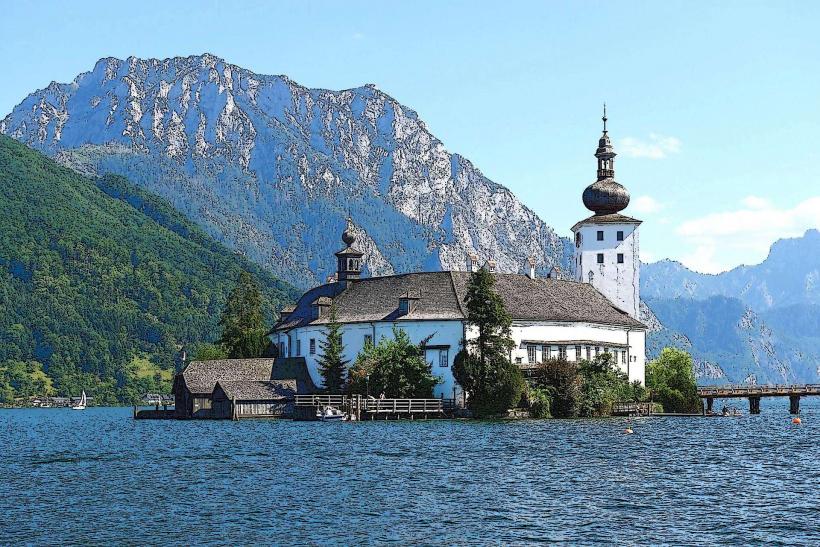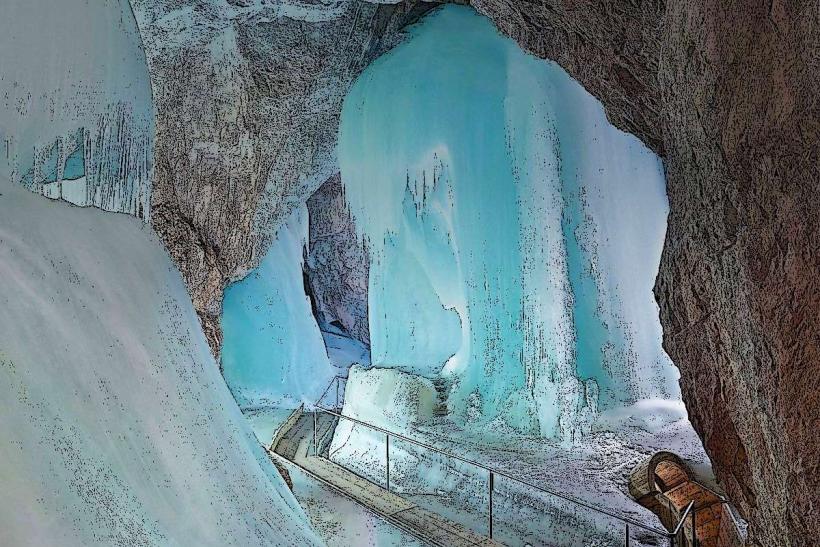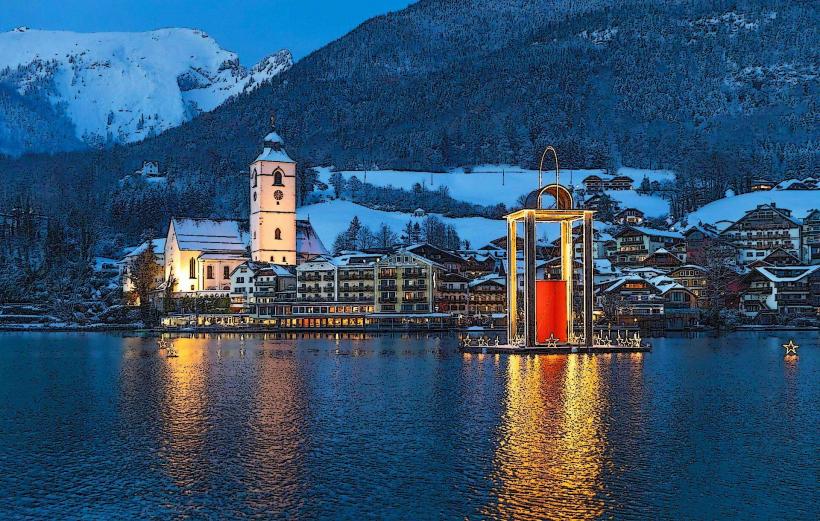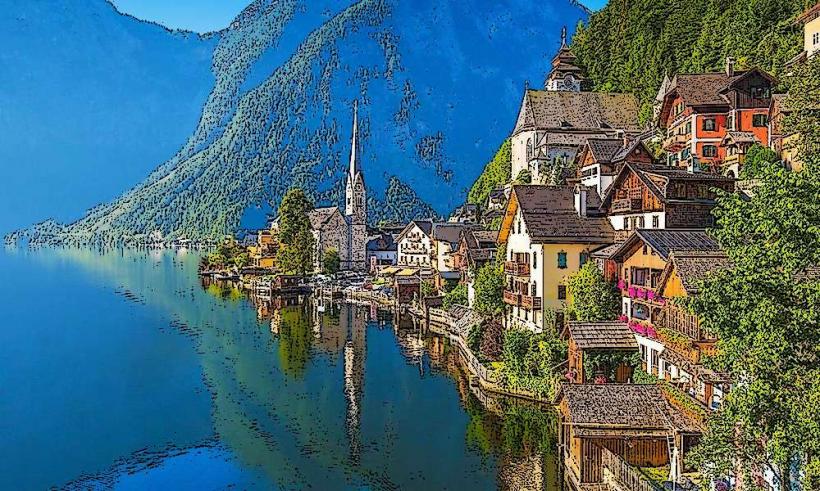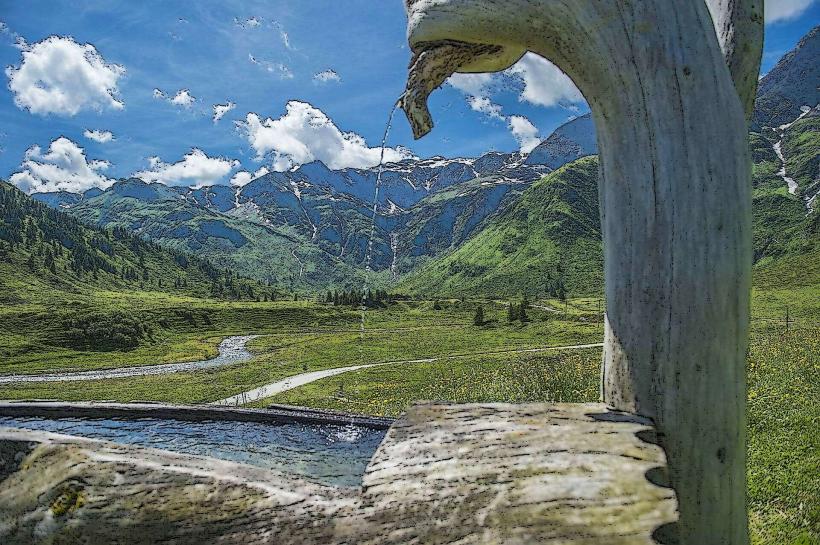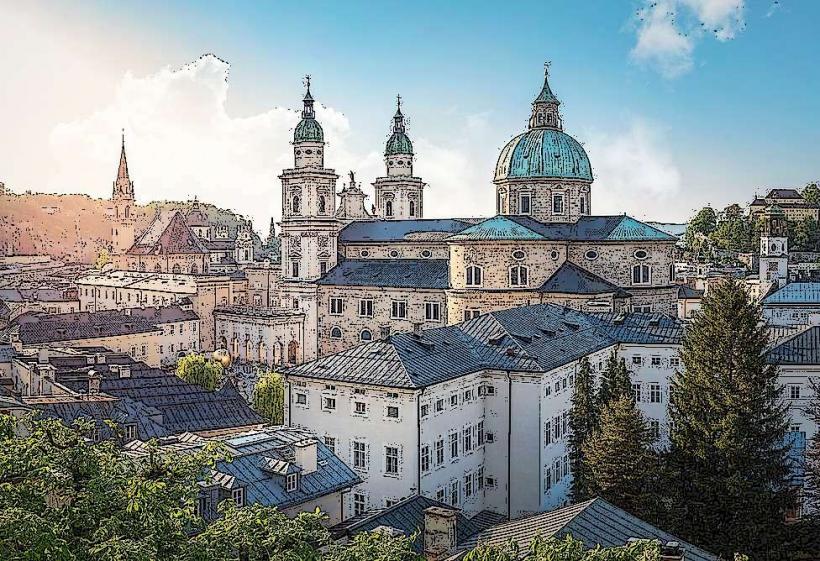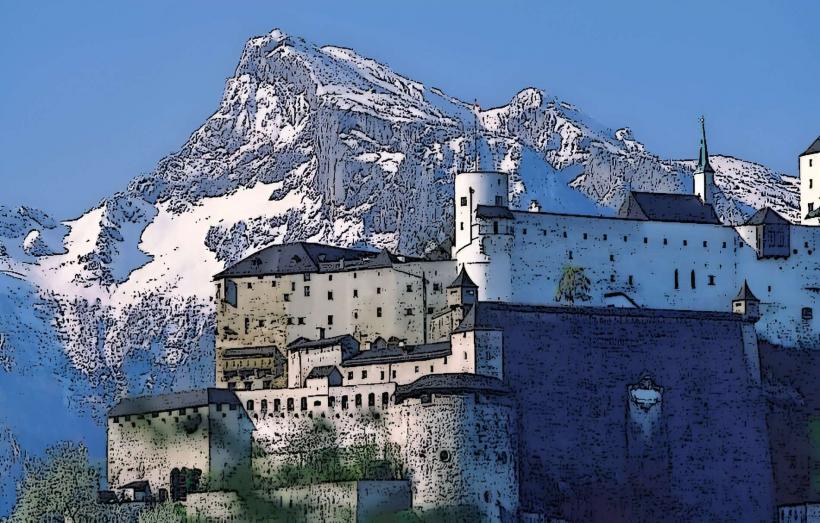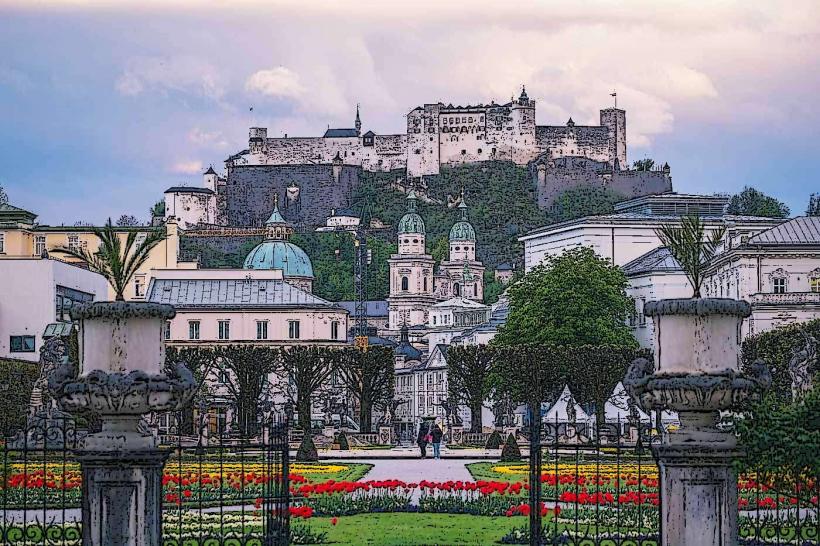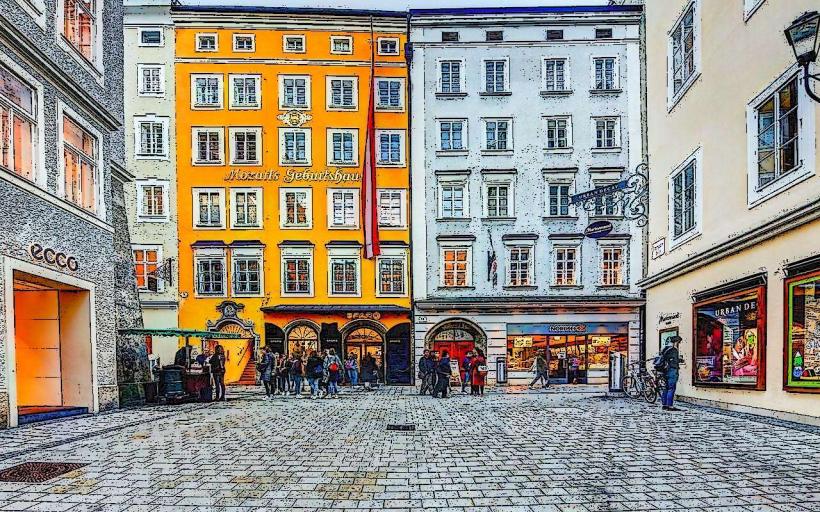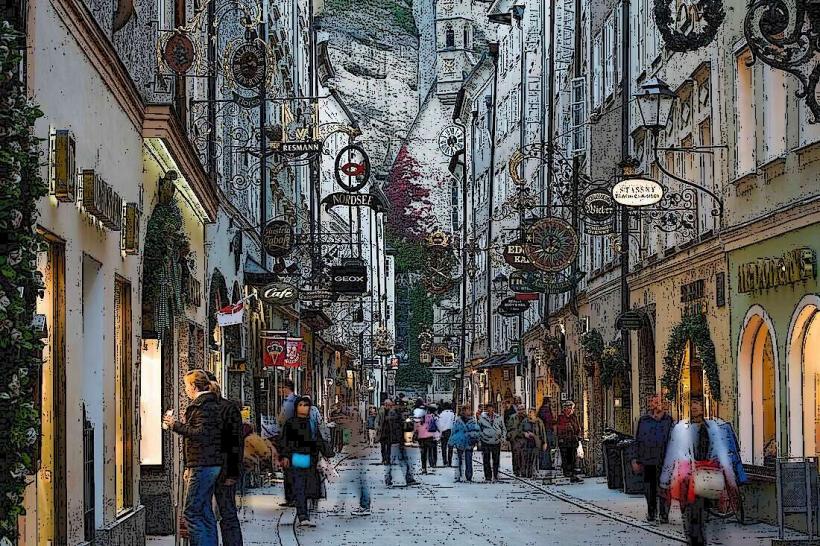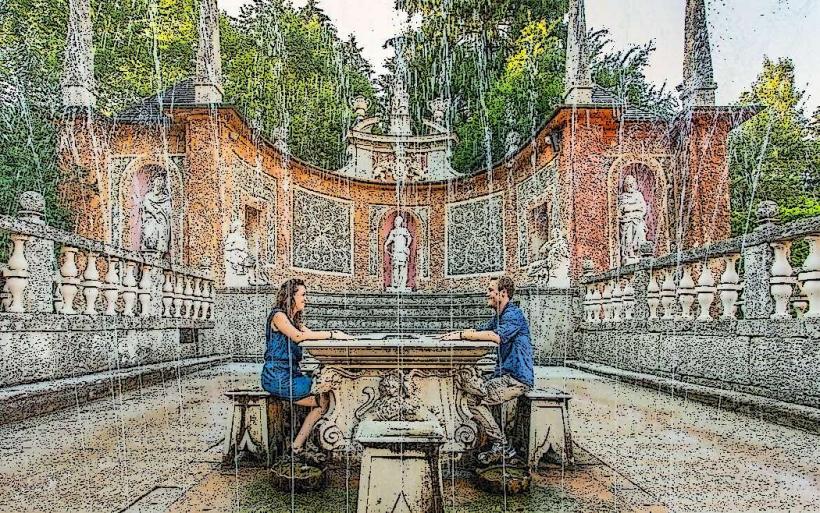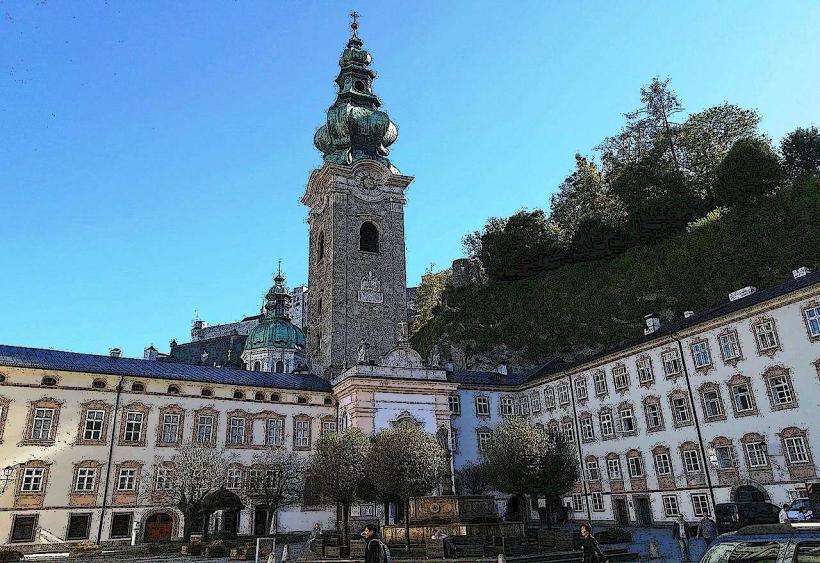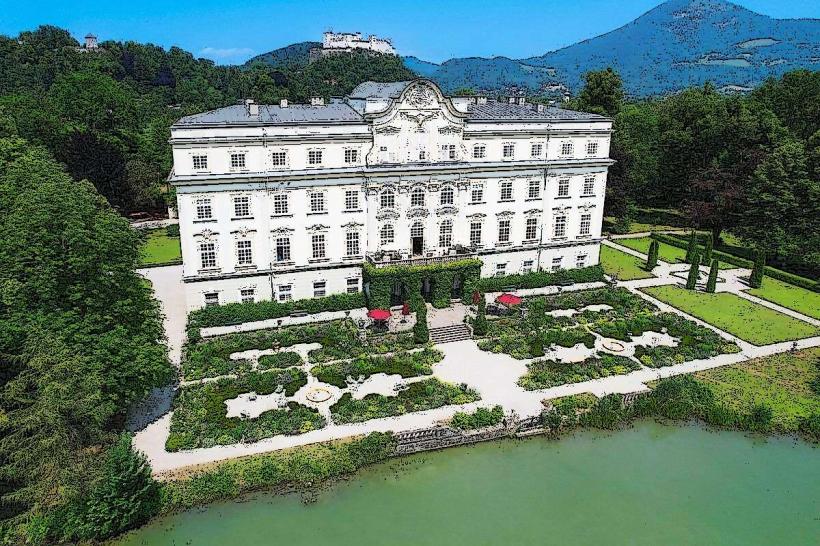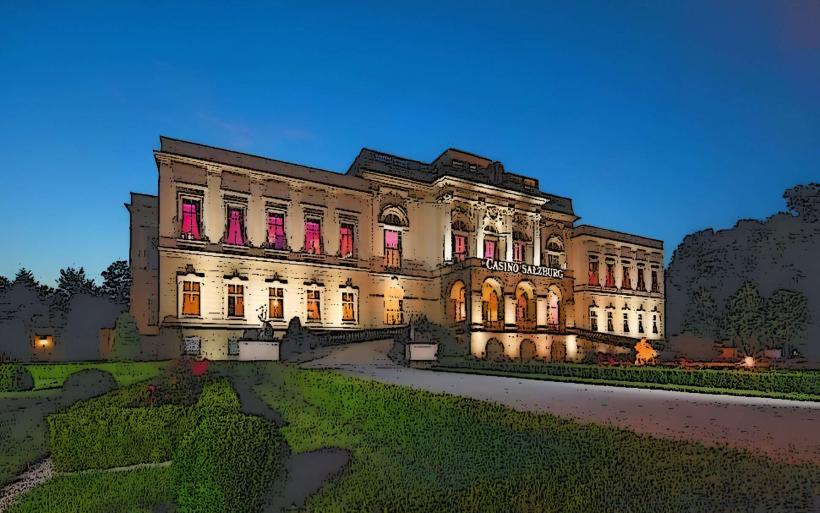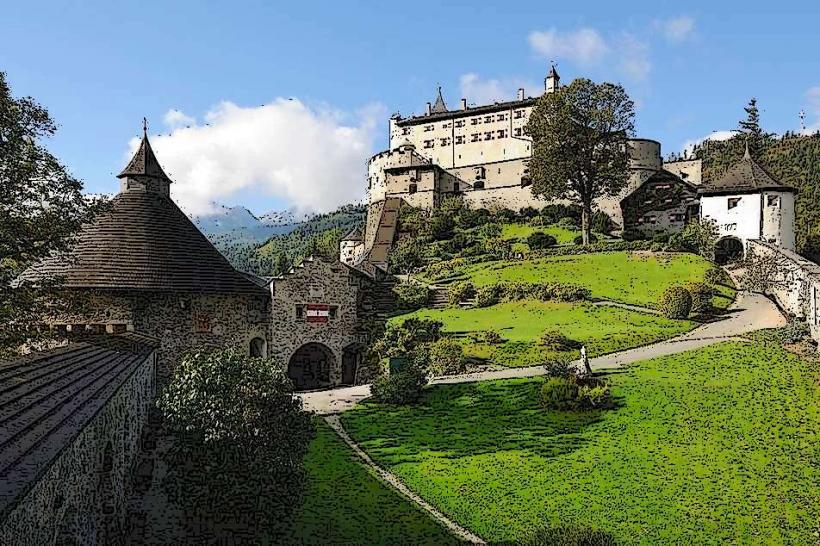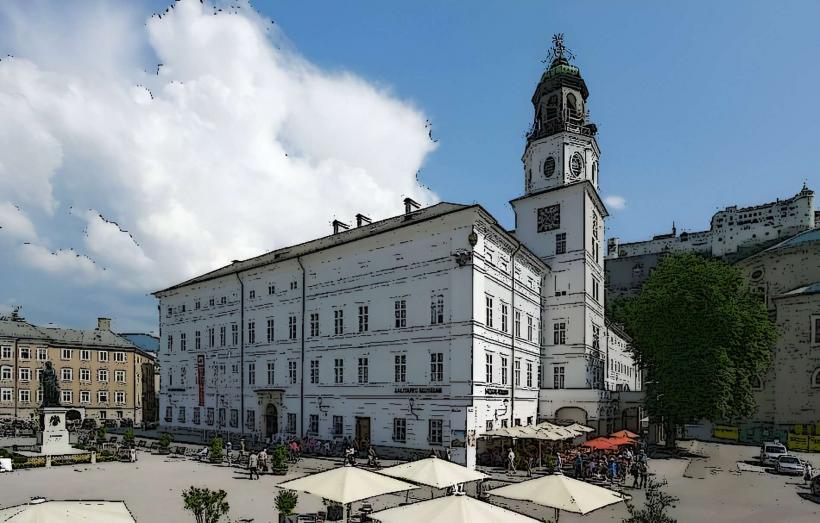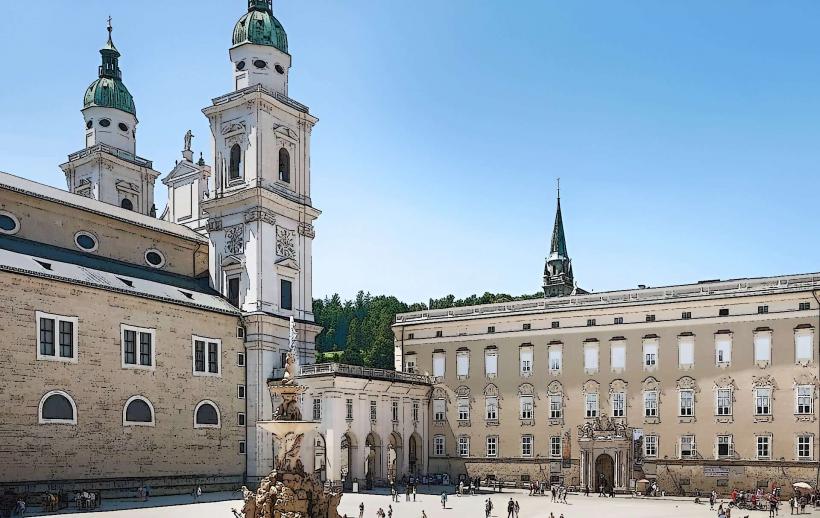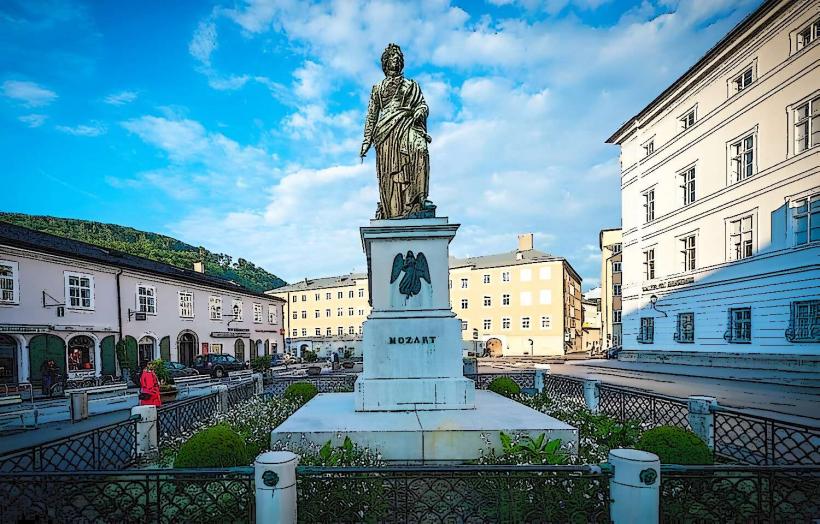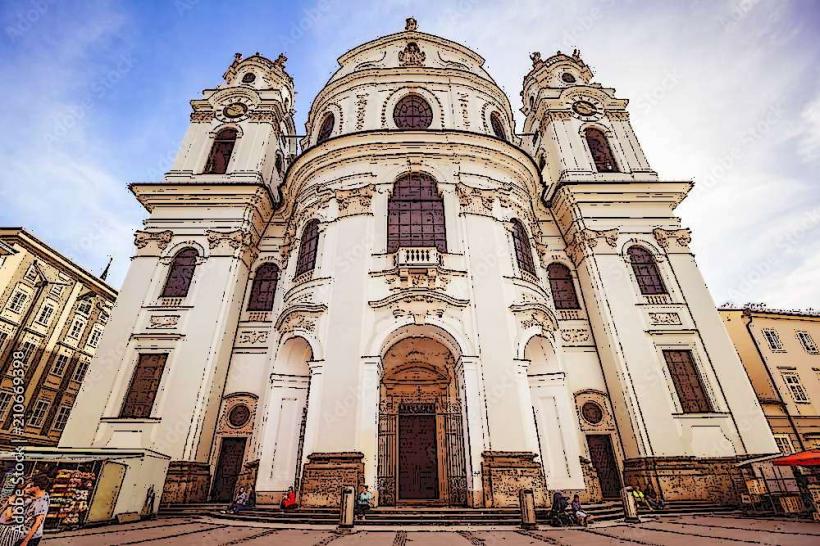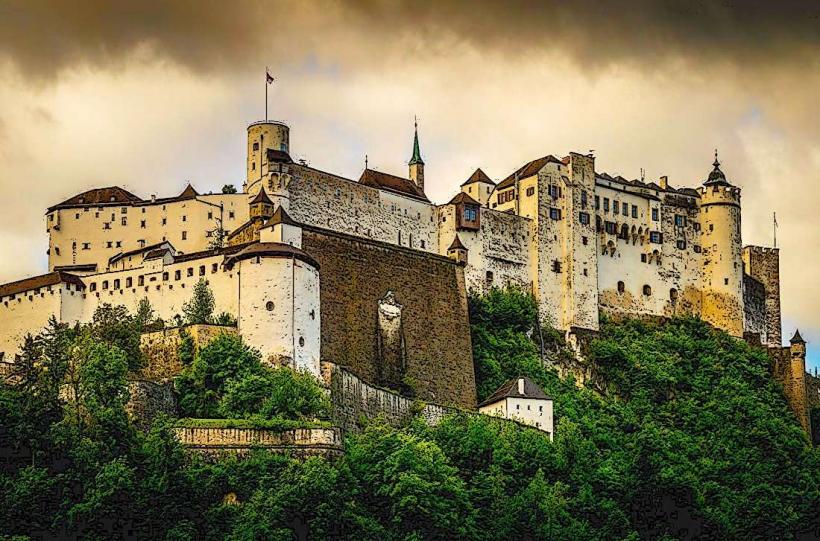Information
Landmark: Mozarteum University of SalzburgCity: Salzburg
Country: Austria
Continent: Europe
Mozarteum University of Salzburg, Salzburg, Austria, Europe
Overview
Mozarteum University of Salzburg-officially Universität Mozarteum Salzburg-stands among the world’s most esteemed schools for music and the performing arts, where a single piano chord can fill a vaulted hall with shimmering sound.Since its founding in 1841, it’s stood at the heart of Salzburg’s lively musical scene, shaping generations of artists and musicians, from the first notes of a student’s violin to the roar of an opening-night crowd.The university is best known for its link to Wolfgang Amadeus Mozart, born in Salzburg, whose music still fills the city’s cobblestone streets.The Mozarteum carries his legacy forward, teaching music, theatre, and dance with the same precision you’d hear in a single, clear violin note.Mozarteum University of Salzburg-known in German as Universität Mozarteum Salzburg-was founded in 1841 as the Konservatorium der Stadt Salzburg, later taking its current name in 1970; today, from its home at Mirabellplatz 1 in the heart of Salzburg, it stands as an independent institution renowned for its deep ties to Mozart, exceptional music and performing arts programs, distinguished international faculty, and stages where the sound of a single violin can fill the hall.Back in 1841, philanthropist and composer Siegfried Schuster founded the Mozarteum, then known as the Konservatorium der Stadt Salzburg, its halls echoing with the first notes of young musicians at practice.They created it to give young musicians top-level training and keep Salzburg’s rich musical heritage alive, from its grand concert halls to the echo of violins in narrow cobblestone streets.In the 19th century, the conservatory expanded quickly, focusing on formal training in classical music-scales, sonatas, and the crisp ring of a piano filling its halls.During this time, Mozart’s influence grew steadily, as the university worked to champion his music and ideals; in 1970, it gained official university status and adopted a new name-the Mozarteum University of Salzburg-in his honor.This change let the institution expand its reach, adding a richer curriculum that blended classical music with jazz riffs, modern music, theatre, dance, and other performing arts.Three.Over the decades, the Mozarteum University has built a global reputation as one of the finest arts schools, drawing students the way a bright stage light pulls eyes to its center.The faculty boasts internationally acclaimed musicians, conductors, and composers, while its graduates range from celebrated soloists to performers who’ve played under the bright lights of the world’s great concert halls.The Mozarteum has left its mark on the global cultural scene, with its students taking the stage at world-class festivals-from Vienna’s grand halls to bustling city squares abroad.Academic programs and specializations, from biology labs that smell faintly of ethanol to design studios buzzing with chatter.The Mozarteum University offers a wide variety of music programs, from bachelor’s degrees to master’s and doctorates-even courses where you might spend an afternoon perfecting a single violin phrase.These programs span a wide range of music education, from strings that hum under the bow to bright brass, resonant drums, nimble keyboards, and the human voice itself.Conducting: Hands-on training for conductors in orchestral, choral, and opera work, from leading a full symphony to guiding a single soprano’s breath.The program dives into both classical and contemporary composition, giving students the chance to write for everything from string quartets to jazz combos.Music Education: If you want to teach, this program gives you the skills to lead a class in a busy school or guide a single student in a quiet studio.Music Theory and Musicology: Dive into the intricacies of harmony, trace the sweep of music history, and explore Mozart’s scores-ink smudges and all-alongside the works of other great classical composers.Number two.The Mozarteum University places a strong emphasis on the performing arts, offering programs in opera and voice that dive deep into performance, vocal technique, and interpretation; in its halls, you might hear a soprano’s clear high note echo through the practice rooms, a reminder of its reputation as a leading center for opera and classical singing.Theatre: Students can dive into acting, directing, and stage production, with chances to perform everything from sharp-witted comedies to shadowy, candlelit dramas.Dance: Trained extensively in ballet, contemporary styles, and the art of choreography, from sharp pointe work to fluid, sweeping turns.Three.Music and Technology programs bring together sound, digital tools, and creative media, from crafting electroacoustic pieces that hum with layered tones to shaping immersive sound design.Music Management: This program lets students blend their love of music with sharp business skills, getting them ready for careers in event planning, promotion, and arts administration-whether that’s booking a summer festival or running a gallery opening.Facilities and resources, from quiet study rooms to well-stocked labs.At Mozarteum University, you’ll find several state-of-the-art halls where students and faculty take the stage-sometimes under warm, golden lights-to perform year-round.These venues also host public concerts and international music festivals.The Großer Saal, or Great Hall, ranks among Salzburg’s most celebrated stages, where the air often hums with the swell of a full orchestra, an intimate string quartet, or the drama of a live opera.Solisten Saal, or Soloists’ Hall, is a cozy space where you might hear a single violin fill the air during an evening recital or enjoy a small, close-up performance.Chamber Music Hall: an intimate venue where small ensembles gather, bows gliding over strings in perfect unison.Number two on the list.At the Mozarteum University, the Mozart Documentation Center serves as a key hub for exploring Mozart’s life and music, from his handwritten scores to letters penned in a hurried scrawl.Inside, you’ll find manuscripts, letters, and first editions of Mozart’s works, some pages still faintly smelling of old ink.The center serves as a vital hub for scholars and students eager to explore the composer’s work, from his earliest sketches to the final notes on a score.Over the years, the Mozarteum University has turned out an impressive list of celebrated musicians, composers, conductors, and performers - the kind who can fill a concert hall with a single note.Among its celebrated alumni are conductor Valery Gergiev, violinist Anne-Sophie Mutter, pianist Maria João Pires, conductor Christian Thielemann, and composer Georg Friedrich Haas.The university’s faculty includes world-class musicians and scholars-people you might spot on a concert stage in Vienna one night and hear on a newly released recording the next.The Mozarteum University of Salzburg is woven into the city’s cultural fabric, a place where the sound of a violin drifting from an open window feels as natural as the rain on cobblestones in this long-standing hub of classical music.The university helps keep Salzburg’s musical heritage alive, and its students-whether performing Mozart in candlelit halls or composing new works-add to the city’s standing as a beloved destination for music lovers worldwide.The university often brings the city to life with public concerts, intimate masterclasses, and grand opera performances, each one adding fresh color to its cultural tapestry.The university also takes part in a range of international music contests, including the prestigious International Mozart Competition, adding another bright note to its global reputation.The Mozarteum University sits in the heart of Salzburg, just steps from the Mirabell Palace and its bright, fragrant gardens.Visitors can catch public concerts, lively festivals, and even sit in on a masterclass at the university.The Mozart Documentation Center welcomes researchers and music lovers, its shelves lined with scores that still smell faintly of old paper.

